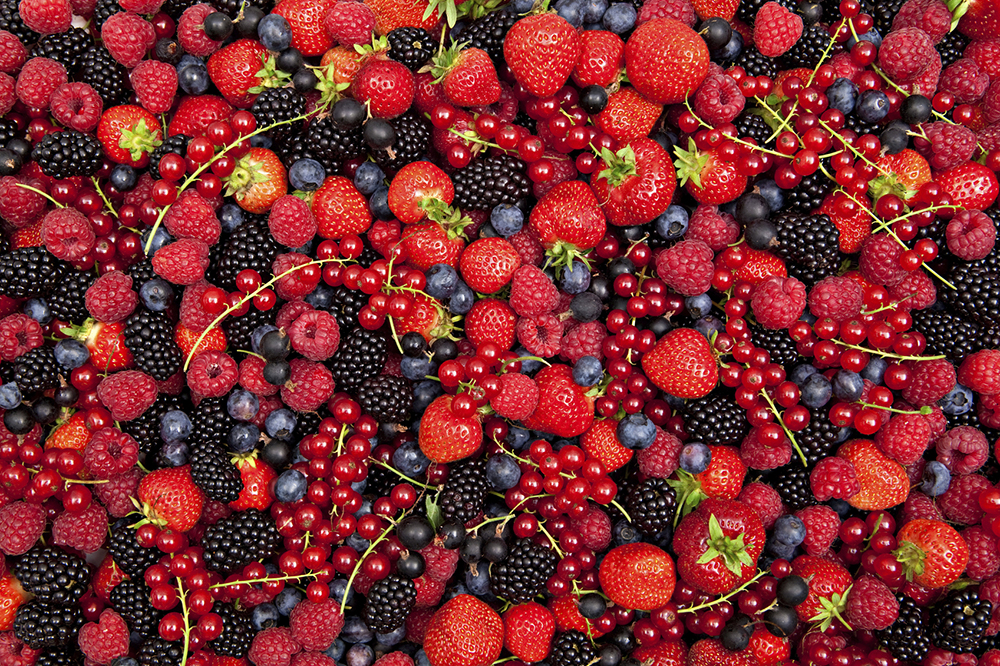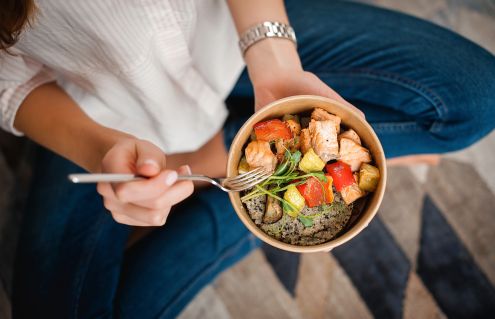Is natural sugar bad for me?
Leading integrative health expert Dr Andrew Weil gives his definitive answer about natural sugar

We are born with an innate craving for sweetness and our ancestors sought out fruit and honeycomb as sources of sugar and energy.
Today, however, sugar is everywhere – on every table and in the form of processed foods and sugary drinks. Excessive sugar intake is a risk factor associated with chronic disease; it also contributes to dental cavities, insulin resistance, obesity, elevated triglycerides, fatty liver and cardiovascular problems.
Prudent sugar intake has a place in a healthy diet in small amounts. We need to pay attention to the dietary sources of sugar, even when they are natural, such as fruit.
Fruit (not juice) offers energy in the form of sugar bound in a fibre matrix that slows digestion and limits rapid rises in blood sugar. A variety of brightly coloured fruit provides vitamins, minerals, antioxidant pigments and other phytochemicals that reduce inflammation and disease.
It is best to choose fruit fresh in season (or frozen in season) and buy organic to avoid agrochemicals. My anti-inflammatory diet pyramid (see drweil.com) calls for three to four daily servings of fruit. A serving is one medium-size fruit, a ½ cup of chopped fruit or ¼ cup of dried fruit.
People who eat a lot of fruit are often health- and weight- conscious, yet may have difficulty losing weight. A glance at the glycaemic index (GI) – a measure of how fast carbohydrate foods are converted to blood glucose – shows there are big differences between fruits. I recommend those that rank low on the GI. A low ranking is below 55, intermediate-GI foods are between 55 and 70 and high-GI foods are above 70. [See below for how fruits score]. Dark berries are a healthier choice than tropical fruits.
Overall, there isn’t much difference between white table sugar and natural sugars including coconut, maple syrup (my favourite for flavour and it is relatively low in fructose), molasses, sorghum and honey.
Some natural sweeteners contain a variety of vitamins and minerals but any benefits are outweighed by the fact that, to the body, they are all sugar to be converted to glucose for metabolic fuel. Agave nectar is a natural sweetener ranking relatively low on the GI scale – but high in fructose. Research suggests excessive fructose consumption is unhealthy. I recommend cutting down on all sweeteners, especially those high in fructose.
Know your GI:
- Cherries: 22
- Grapefruit: 25
- Apple: 38
- Pear: 38
- Plum: 39
- Orange: 44
- Banana: 55
- Mango: 55
- Papaya: 58
- Cantaloupe: 65
- Pineapple: 66
- Watermelon: 72
- Dried dates: 102
Read more from our #360me team on our dedicated Life Labs wellbeing channel, here.









